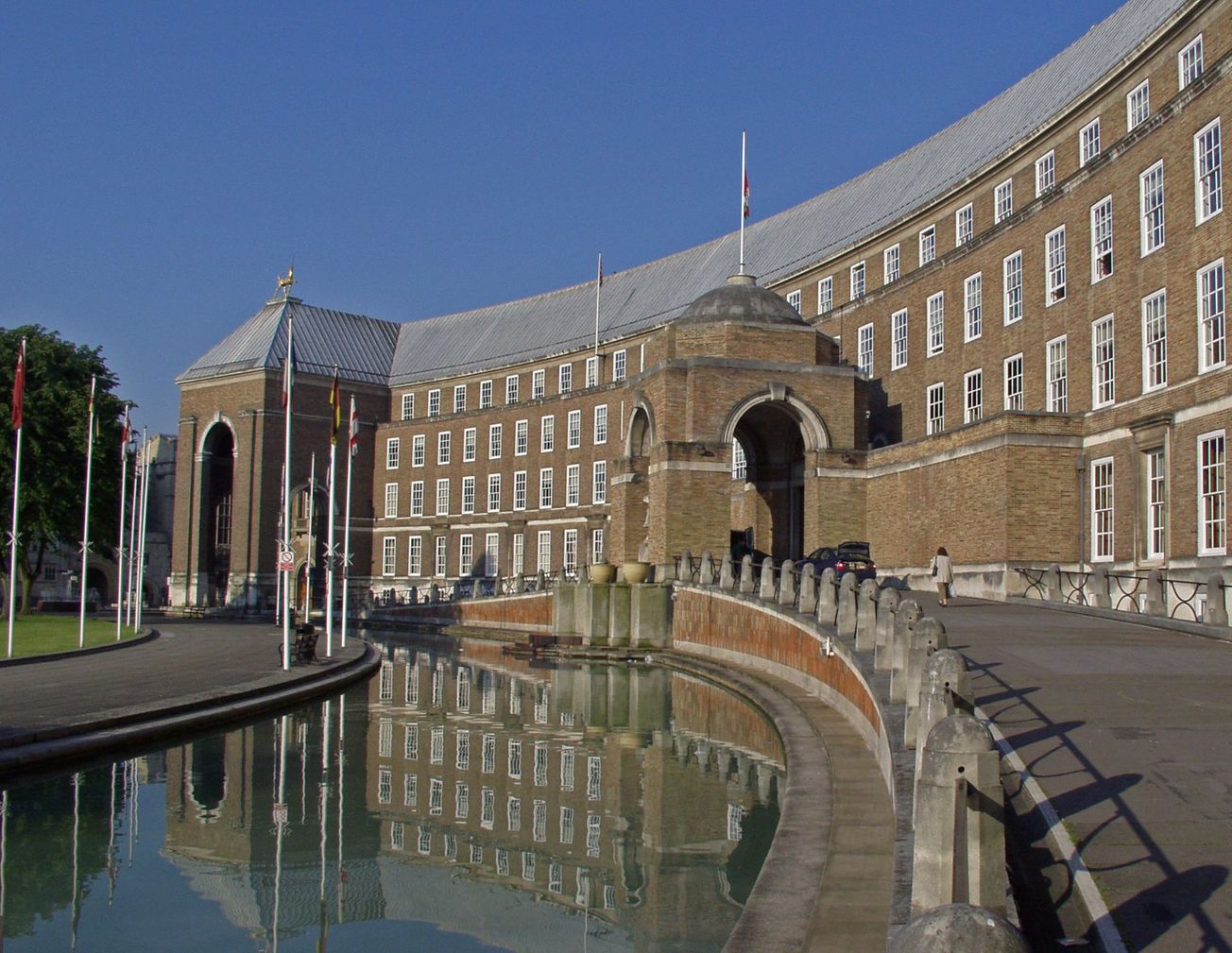By Laurence Thompson, Third Year Politics and International Relations
Bristol has voted decisively to scrap the office of mayor and introduce a new system of local governance, led by committees of local councillors. On a turnout of 29 per cent and by a margin of 59 per cent to 41 per cent, the 5 May referendum decided that the ten-year experiment with the mayoralty will come to an end.
It is a decision that has been interpreted by many as a judgement on the record of incumbent mayor Marvin Rees, who will leave office in 2024 when the role is scrapped. But what will the new committee system mean for Bristol, and why did voters reject the mayoralty?
The Mayoral vs the Committee System
The local Labour Party and Rees himself argued that having a directly elected mayor ensures a visible figurehead for the city on the national and global stage. For example, Rees’ rose to national prominence following the Colston statue protests and during the pandemic. It was also argued that centralising local powers increased democratic accountability, allowing voters to know exactly who to hold responsible for local affairs, whereas a councillor-led system would not allow local voters to decide who leads the council.
The vote is in: Bristol has chosen to scrap the mayoral model and return to a committee system. Here is current mayor Marvin Rees reacting to the news. pic.twitter.com/bnFicsHnMq
— Betty Woolerton (@bettywoolerton) May 6, 2022
However, critics of the mayoral system argued that Rees failed to include a wide range of views in his self-appointed cabinet; for instance, despite both the Green Party and Labour having 24 councillors, his cabinet solely consists of Labour Party councillors. Furthermore, criticism of Rees’ management style and the (largely inherited) plans for a new arena and transport system also undermined his record locally and will have certainly played a role in the outcome.
How will the new committee system work?
The new committee system was supported by all other major parties in Bristol, who successfully forced a vote on a referendum after the Labour Party lost its majority on the council last year. The exact details of the system are yet to be finalised, with a series of consultations and discussions due to take place over the next two years to decide how exactly the council will be run from 2024.
The Full Council (meetings and votes of all 70 councillors in Bristol) will replace the mayor and his cabinet as the formal strategic decision-making body in Bristol, making decisions on some key issues such as the budget. However, the basic principle of the new system is that small committees of councillors will be formed to oversee different areas of policy, such as transport, children’s services and housing. These committees will have cross-party representation and will be empowered to make decisions in these areas. There will also be regulatory committees overseeing planning, licensing, auditing and human resources.
What will the new committee system mean for decision-making in Bristol?
On the one hand, the new system will ensure a greater degree of cross-party working in Bristol. Major decisions will now not be made by one party or person alone, but by committees who will have to work together to find solutions.
My mayoral referendum thought for the day: Bristol's mayor should be able to be held accountable to and scrutinised by councillors. The fact that they have been unable to do this job properly does not bode well for giving these councillors more power under a committee system.
— Martin Booth (@beardedjourno) April 12, 2022
Carla Denyer, co-leader of the Green Party and councillor for Clifton Down, said scrapping the mayoralty would mean ‘less politicking and tribalism, and more working together’ as decisions would be made collectively.
On the other hand, by scrapping the mayoral office, policymaking may become slower if the different political parties on committees struggle to agree, especially given their existing disagreements and differing political outlooks. Therefore, it remains to be seen whether the new committee system will in fact lead to a more consensual and collaborative form of local politics, or whether it will just magnify and intensify existing party political divisions and slow down the speed of decision-making in the city. Only time will tell.
Bristol referendum result: mayoral system to be abolished
Judge rules Bristol University guilty of failings contributing to the death of Natasha Abrahart
Featured Image: Bristol City Council
What do you think of Bristol's decision to scrap the mayoral system?









